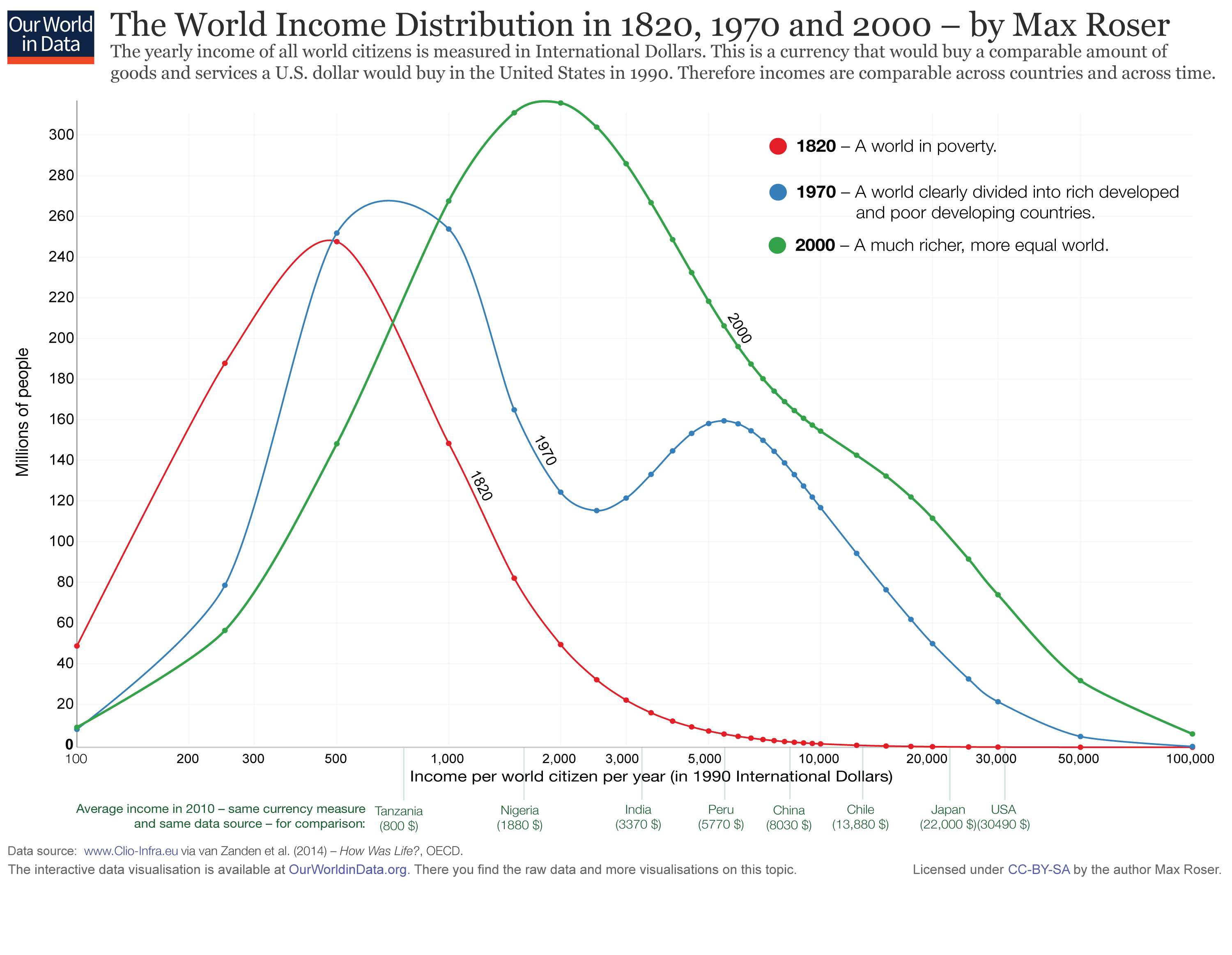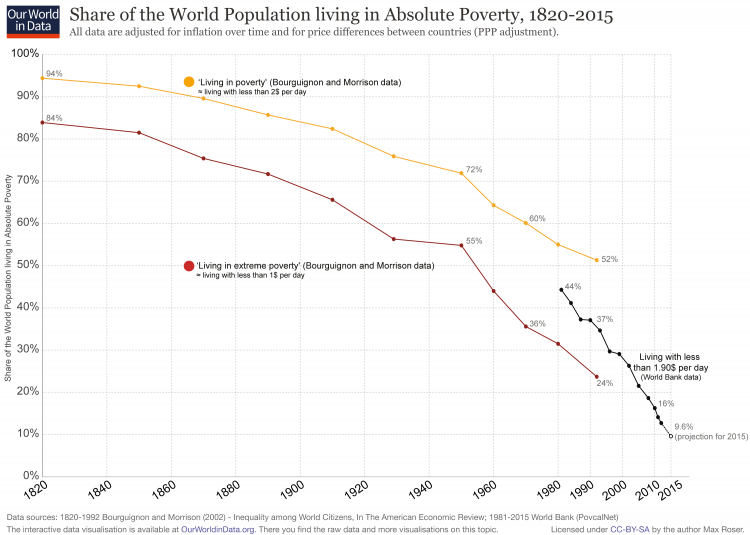Showing posts with label food. Show all posts
Showing posts with label food. Show all posts
Friday, 12 January 2018
Who remembers peak oil?
It hasn't gone away. No it does not get the sort of attention it once did. In part that is because of extreme headlines talking about running out of oil. Eventually we will but in the medium term it is a largely economically driven phenomenon. The other part of the reason it is not talked of much is it isn't newsworthy in the media - nothing to grab the attention the way that say the cryptocurrency movements have.
But you really should be paying attention. For all the work done displacing oil for power production in favour of renewables and the growing number of hybrid and electric vehicles, oil is still at the heart of modern western economies. It isn't only power of course - it also provides much of the input to plastics production. And yes we ought to be crushing that too.
The UK government's weak plans to phase out some plastics over 25 years indicates two very important things. First there really is a problem so immeduate even the UK goverment has to say something about it. Second this stuff is so embedded in the economy that they kick the problen down the road by giving such a huge timescale. It is the same logic many applied to greenhouse gas emissions and climate change - always thinking the problem can be ignored for a decade or two. Putting the increased, almost unbearable, risks and burden on the next generation.
Well peak oil is here and it is playing out. Interrupted briefly by the massive rise in shale gas extration in the USA, which kept prices down , the current price rise is now up to $70 per barrel. Some of that is production scale backs by OPEC, but in large part is it because US reserves have fallen.
And the reason reserves have fallen is demand. While financial reporters look enthusiastically at 3.5 percent global growth cheering on the stock market rises that go with it, no one is taking notice of the impacts. Food price inflation in the UK is almost 4 percent, and the impacts of oil prices have yet to work through agriculture. And wages are not keeping pace, nor are returns on savings.
Three other things to bear in mind. First, new oil finds last year were at their lowest in decades. That's one distinct sign that peak oil is here. Another is that at $70/barrel the shale producers are marginally profitable. But at that price the exteme reserves of the majors are still not economic to drill, though they will be making money from the existing fields and wells. The third is that it takes time and money to start new fields and wells. Companies don't make that investment unless they see a good prospect of a return ie high and possible rising prices in the future. If they don't invest , supply stagnates even declines.
That looks exactly like peak oil to me. Just like the past with wood then coal and whale oil. Each time we reached the peak the alternative was known. The alternative this time is the shale oil production. So yes to me it looks like we are playing out a peak oil scenario ..
Sunday, 1 January 2017
Peace on Earth, goodwill to all and a happy New Year.
You might be forgiven reading much of the press for thinking the traditional seasonal sentiment for this time of year is something of a sarcastic parody of what passed in 2016. It has even spawned headlines like Is 2016 the worst year in history ? But that would be a mistake I think.
Yes there have been conflicts and tensions in Syria, West Papua, and the Ukraine to name a few of the top of my head. We have seen relations between the USA and Russia and the USA and China more strained than for decades. So bad in fact the much respected journalist John Pilger described it as the third world war already under way.
On the other side of the argument we have seen a half century long armed conflict in Colombia end , and there are several studies showing the recent trend in deaths in wars is declining.
Unfortunately battle deaths are not the only casualties in war. For 2012, the first and latest year for which its estimates are available, the Center for Research on the Epidemiology of Disasters (CRED) estimates that more than 172 million people were affected by conflict worldwide. Of this total 149 million or 87 percent were conflict-affected residents (CARs). Internally displaced persons (IDPs) accounted for another 18 million and refugees for five million.
That preceding paragraph comes from 2016 World Hunger and Poverty Facts and Statistics
From here we also learn that hunger /undernourishment has decreased notable in both absolute and relative terms over the last 25 years.
The same paper also comments on one other significant question:
"Does the world produce enough food to feed everyone?
That last sentence is quite a problem. Bearing in mind that food is perishable and there is really only so many calories one can eat without producing ill effects, you have to wonder at both the logic and inhumanity of this. Where do all the surplus calories/food go? Either to waste or to producing unhealthy body weight.
So what of the other part of that sentence - the income bit ? Certainly over the last 2 centuries it seems things have improved overall.
(from https://ourworldindata.org/world-poverty/)
So from the purely economic and anthropocentric long terms view things are getting better. There may be hiccoughs and delays but slow improvements are happening. Who you might wonder is paying for this marvel of continuous improvement?
Try this from our Earth biodiversity
Just to illustrate the degree of biodiversity loss we're facing, let’s take you through one scientific analysis...
- The rapid loss of species we are seeing today is estimated by experts to be between 1,000 and 10,000 times higher than the natural extinction rate.
- These experts calculate that between 0.01 and 0.1% of all species will become extinct each year.
- If the low estimate of the number of species out there is true - i.e. that there are around 2 million different species on our planet - then that means between 200 and 2,000 extinctions occur every year.
- But if the upper estimate of species numbers is true - that there are 100 million different species co-existing with us on our planet - then between 10,000 and 100,000 species are becoming extinct each year.
In a generalised form, here is a graph of the dates of Earth overshoot day. That's the day each year where statistically we consume and pollute more than we believe the Earth can accommodate.
(In 2016 Earth overshoot day was August 8th).
It isn't Trump or Brexit or any of those things from 2016 that really worries me. It is the clear long term trend in this graph that is the real problem. Good will to all men (& women) isn't enough , not nearly enough. Nor is fear that leads to inward looking isolationism. The antidote to fear is gratitude. Consume less, share more. Be grateful to live in times where we have ample resource like food enough to feed everyone if we desire to. Be thankful we have medicine and technology to improve lives. Something has to change. The smart move it so change ourselves to avert the worst that might be imposed upon us. The window of opportunity may be short lived , I cannot tell, but appreciate you do have the opportunity to make a difference like no other generation so far has.
Subscribe to:
Posts (Atom)




